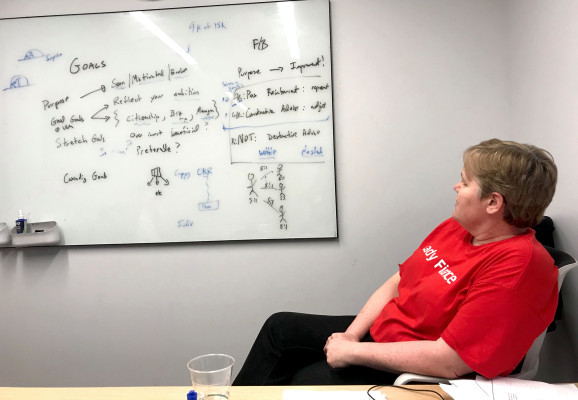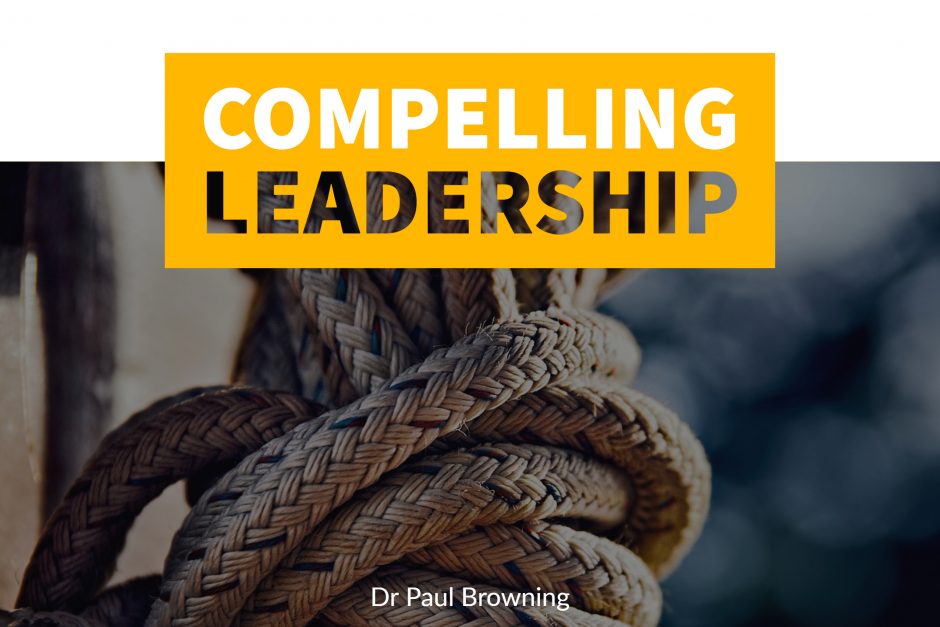I want to talk to you about how to build and rebuild trust, because it’s my belief that trust is the foundation for everything we do. – Frances Frei
Up until know, my professional interest in trust has been focused on building trust, as opposed to re-building trust (and I hope it will always be that way). That said, there is so much you can take from Frances Frei TED talk and apply readily and easily. Her delivery is patient, accompanied by soft humour and hyperbolic emphasis with more than a handful of “we’s,” she had my attention through out. So here it is – Frei things about Trust
Frei Three things about trust
The component parts of trust are “super-well” understood. Authenticity, rigor in one’s logic and empathy.
When all three of these components are working, we have great trust. But if any one of these three gets shaky or “wobbly”, if any one of these three wobbles, trust is threatened.
The most common wobble is empathy. That people just don’t believe that we’re mostly in it for them and they believe that we’re too self-distracted. The prescription –
…identify where, when and to whom you are likely to offer your distraction. That should trace pretty perfectly to when, where and to whom you are likely to withhold your empathy. And if in those instances, we can come up with a trigger that gets us to look up, look at the people right in front of us, listen to them, deeply immerse ourselves in their perspectives, then we have a chance of having a sturdy leg of empathy.
Frances Frei
On distractions –
If you do nothing else, please put away your cell phone. It is the largest distraction magnet yet to be made, and it is super difficult to create empathy and trust in its presence. That takes care of the empathy wobblers.
Frances Frei
Wider reading highlighted that the empathy wobble applies often to smart people,” who may grasp concepts quickly and then become bored and detached.
When logic wobbles, it is either quality of the logic or one’s ability to communicate that causes the wobble. People with the logic wobble may take a circuitous route to making their point, preferring to “tell the story” and reasoning first before the conclusion. There is little anyone can do to help if it is the quality of the logic is off – however on communication Frei has come advice.
There are two ways to communicate, the narrative and the “getting straight to the point,” in a crisp half sentence, supported by evidence. Frei recommends you get to the point. If nothing else, should you get cut off mid way – at least you have delivered the point.
Lastly – authenticity.
If you don’t want to have an authenticity wobble? Be you.
This is not always as simple as it appears, you may have to moderate yourself.
However, if we hold back who we are, we’re less likely to be trusted. And if we’re less likely to be trusted, we’re less likely to be given stretch assignments… it is the leaders obligation to set the conditions that not only make it safe for us to be authentic but make it welcome, make it celebrated, cherish it for exactly what it is, which is the key for us achieving greater excellence than we have ever known is possible.
Frances Frei
There lies the challenge of all those leaders out there. Leaders of classrooms, teachers. Leaders of departments, teachers. Leaders or leadership teams, head teachers.
In finding a featured image for the post, I also learnt that Frances quite likes a board, dry wipe board or chalk and is found of a simple, unbranded, message bearing t-shirt.


